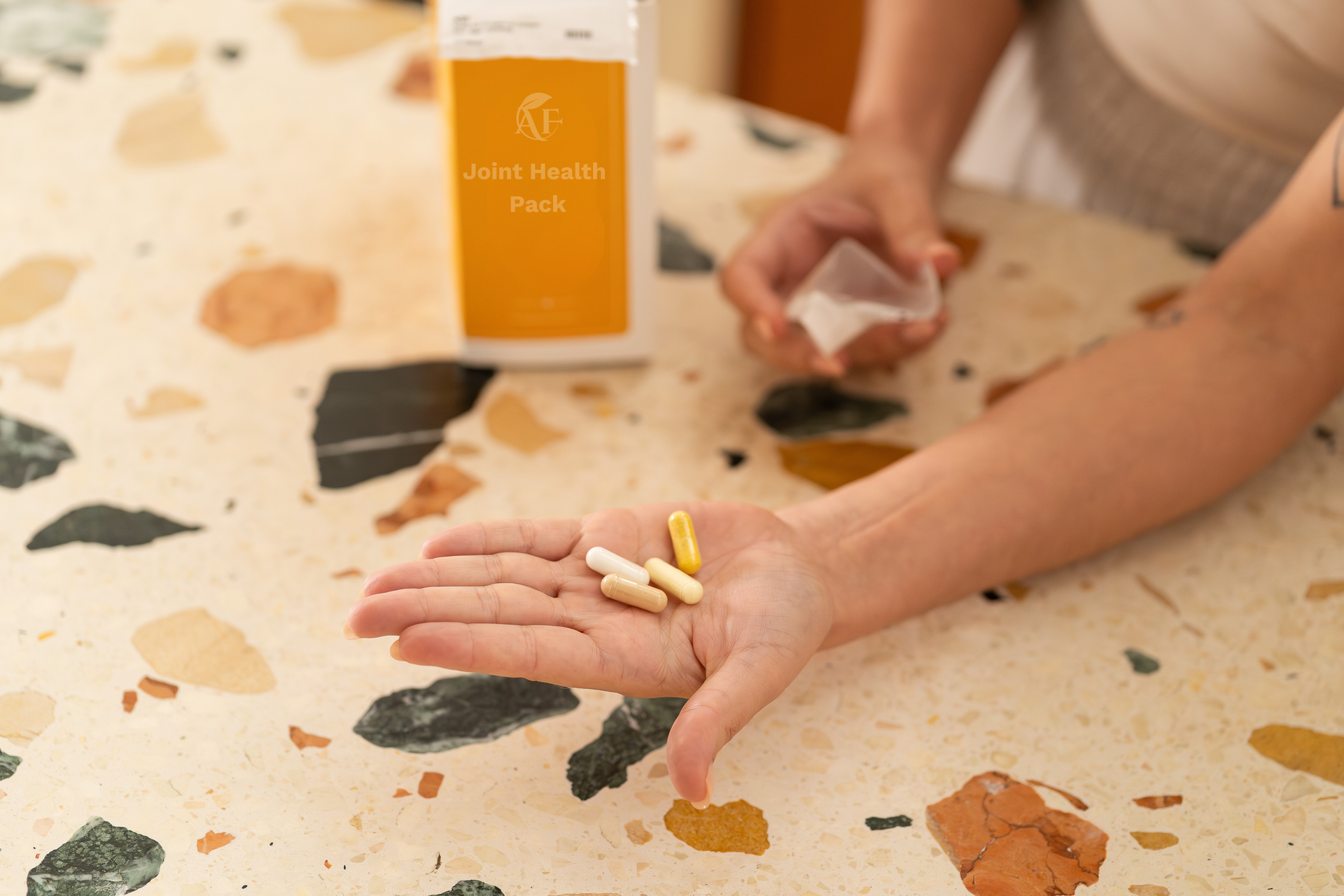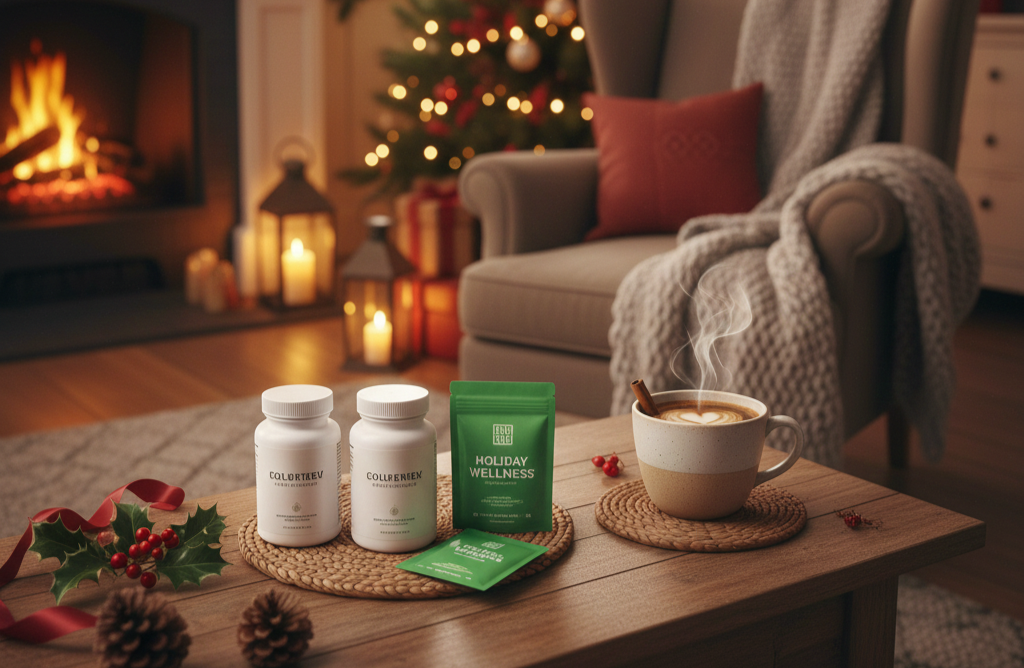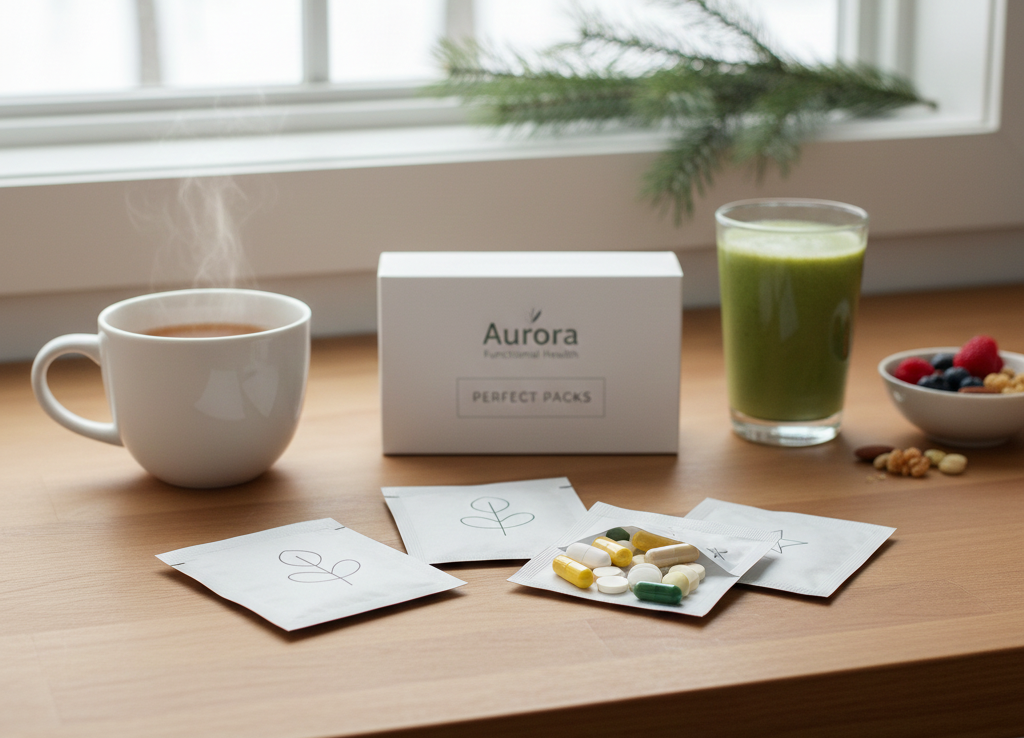Boosting Testosterone Naturally: A Functional Medicine Nutrition Guide for Men
Now Available in NY, CA, TX & FL
Testosterone is often thought of as the “male hormone,” but it does much more than support muscle mass and libido. It plays a vital role in energy, mood, bone strength, motivation, and overall vitality. When testosterone levels dip—whether from aging, stress, poor diet, or underlying health conditions—men may notice changes like:
- Low energy or fatigue
- Decreased muscle mass or strength
- Weight gain (especially around the midsection)
- Mood changes, irritability, or brain fog
- Reduced sex drive
- Trouble sleeping
In functional medicine, we always ask: Why are testosterone levels low in the first place? And one of the most powerful ways to restore balance is through nutrition and lifestyle.
Diet Strategies to Support Healthy Testosterone
1. Prioritize Protein for Hormone Building Blocks
- Protein provides amino acids that support muscle mass and blood sugar balance—both essential for hormone health.
- Choose grass-fed beef, pastured chicken, wild-caught fish, and eggs.
- Plant-based proteins like lentils, beans, and hemp seeds can also help if tolerated.
2. Include Healthy Fats
- Cholesterol is the raw material your body uses to make testosterone. Low-fat diets can actually suppress hormone production.
- Focus on avocados, extra-virgin olive oil, coconut oil, nuts, and seeds.
- Add omega-3 rich foods like salmon, sardines, and walnuts to lower inflammation.
3. Minerals That Matter: Zinc & Magnesium
- Both minerals are critical for testosterone production and testicular health.
- Zinc sources: oysters, pumpkin seeds, grass-fed beef, cashews, chickpeas.
- Magnesium sources: spinach, almonds, dark chocolate (85% cacao), black beans.
4. Vitamin D for Hormone Balance
- Vitamin D acts more like a hormone than a vitamin and is directly linked to testosterone levels.
- Get safe sun exposure when possible.
- Add fatty fish, egg yolks, and fortified mushrooms.
- Supplementation may be needed if levels are low.
5. Cruciferous Vegetables for Estrogen Balance
- Excess estrogen can suppress testosterone. Cruciferous veggies support healthy detoxification.
- Eat broccoli, cauliflower, kale, Brussels sprouts, and bok choy regularly.
6. Stabilize Blood Sugar
- High sugar and processed carbs drive insulin resistance, which is linked to lower testosterone.
- Swap processed foods for whole grains, vegetables, legumes, and fiber-rich foods.
- Avoid sugary drinks, pastries, and highly refined snacks.
7. Herbal & Food Allies
- Certain natural foods and herbs have been shown to support testosterone production:
- Maca root → improves energy, libido, and hormone balance.
- Ashwagandha → reduces cortisol (stress hormone) that competes with testosterone.
- Ginger & garlic → support circulation and hormone function.
Lifestyle Synergy Matters Too
- Food is powerful, but testosterone health is also influenced by lifestyle:
- Strength training → signals the body to make more testosterone.
- Adequate sleep → most testosterone is released during deep sleep.
- Stress management → high cortisol suppresses testosterone production.
- Reduce alcohol & toxins → excess alcohol, plastics, and pesticides can lower testosterone.
Functional Medicine Nutrition Therapy Takeaway
Boosting testosterone isn’t about quick fixes or unsafe supplements. It’s about creating the right environment inside the body for hormones to thrive. A nutrient-dense diet, consistent exercise, quality sleep, and stress reduction form the foundation of healthy testosterone levels.
If you suspect you have low testosterone, a functional health provider can run advanced hormone panels (such as DUTCH or ZRT Labs testing) to assess not only testosterone but also cortisol, DHEA, and estrogen balance. From there, we can create a personalized nutrition and lifestyle plan to help restore vitality and performance.
Top Testosterone-Boosting Tips for Men
Low testosterone can lead to fatigue, low libido, mood changes, and muscle loss—but the good news is, you can naturally support testosterone production through diet and lifestyle. Here are the top science-backed strategies:
1. Eat Enough Protein & Healthy Fats
- Protein builds muscle and stabilizes blood sugar.
- Healthy fats (avocados, olive oil, nuts, coconut oil) and cholesterol are raw materials for testosterone.
- Avoid ultra-low-fat diets—they can suppress hormone production.
2. Load Up on Cruciferous Veggies
- Broccoli, cauliflower, kale, and Brussels sprouts help metabolize excess estrogen.
- This creates a healthier balance between testosterone and estrogen.
3. Boost Key Nutrients
- Zinc → oysters, pumpkin seeds, beef.
- Magnesium → spinach, almonds, dark chocolate.
- Vitamin D → safe sun exposure, salmon, or supplementation if deficient.
4. Lift Heavy & Train Smart
- Resistance training (weights, bodyweight, HIIT) signals your body to produce more testosterone.
- Avoid chronic overtraining—too much cardio can actually lower levels.
5. Prioritize Deep Sleep
- Most testosterone is released during deep sleep.
- Aim for 7–9 hours, with consistent bed/wake times.
- Create a dark, cool, quiet sleep environment.
6. Reduce Stress & Cortisol
- Chronic stress elevates cortisol, which competes with testosterone.
- Practice breathwork, meditation, yoga, or simple downtime daily.
7. Limit Alcohol & Endocrine Disruptors
- Alcohol lowers testosterone and damages liver detox.
- Avoid plastics (BPA), pesticides, and chemical-laden personal care products that mimic estrogen.
8. Consider Herbal Allies
- Ashwagandha → reduces cortisol, supports testosterone.
- Maca root → boosts libido and energy.
- Ginger & garlic → support circulation and hormone function.
9. Test & Personalize
- Not all low testosterone cases are the same.
- Advanced labs (DUTCH or ZRT panels) check total & free testosterone, cortisol, and estrogen balance.
- A functional medicine provider can design a personalized plan for optimal hormone health.
The Takeaway
The safest natural sources for bioidentical hormones are wild yam and soybeans. Through careful processing, these plants provide the foundation for customized therapies that can help you feel more like yourself again.
Thanks to telehealth services available in all 50 states, you can now access functional healthcare providers and BHRT expertise from the comfort of your home—no matter where you live.
If you’re curious whether BHRT is right for you, schedule a telehealth consultation with our functional health team. We’ll review your symptoms, order comprehensive hormone testing (ZRT or DUTCH panels), and create a plan that’s personalized for your body, your goals, and your lifestyle.
The Bottom Line:
Testosterone thrives when you fuel your body with the right nutrients, train wisely, sleep deeply, and keep stress in check. These natural strategies often restore balance without needing medication—though in some cases, bioidentical hormone therapy may also be considered.
















